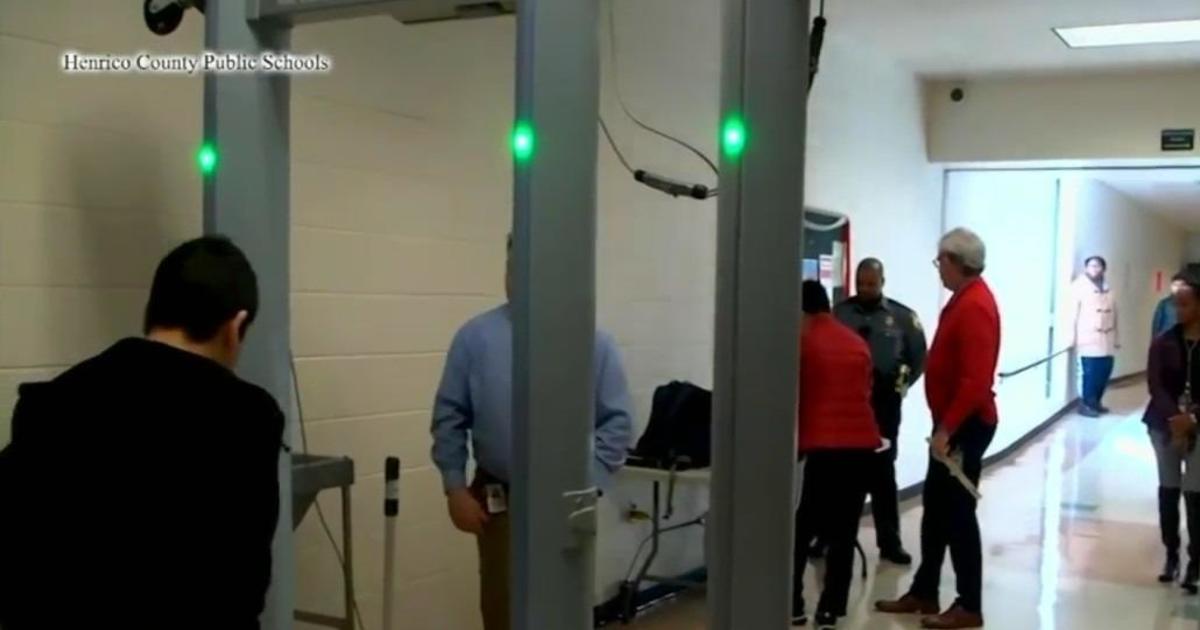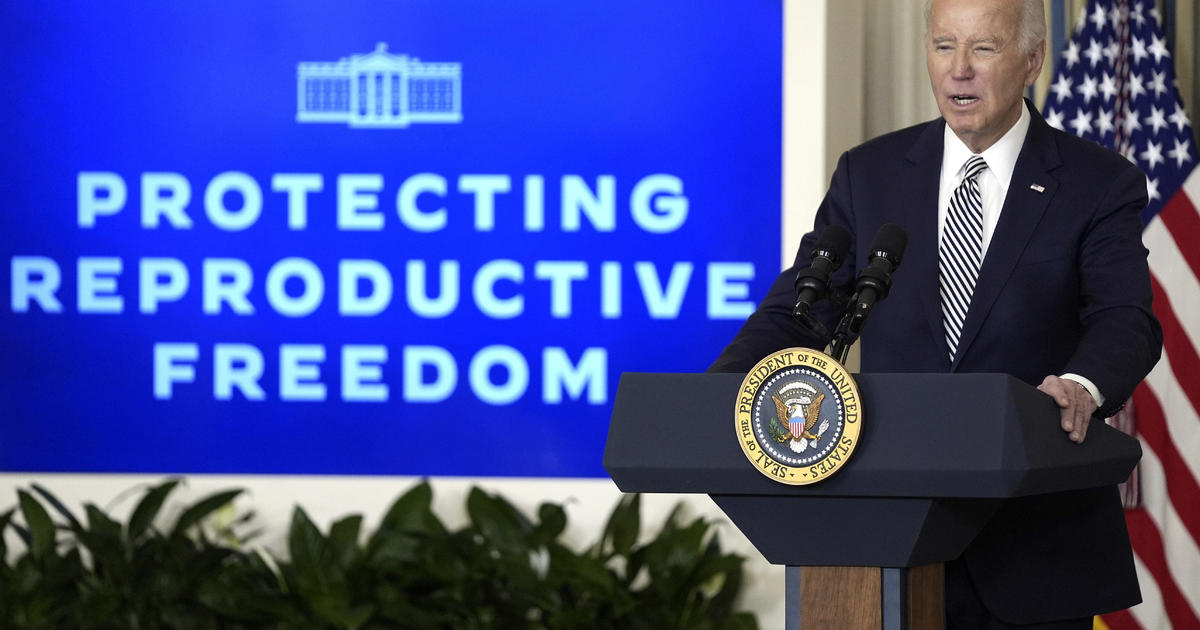State Resumes Borrowing For Education Projects
Follow CBSMIAMI.COM: Facebook | Twitter
TALLAHASSEE (CBSMiami/NSF) – Reversing a five-year trend, Gov. Rick Scott and the Florida Cabinet on Tuesday unanimously agreed to borrow $285 million over the next few years to build and maintain facilities for state universities, colleges and public schools.
Following a period of fiscal austerity when Scott vigorously opposed most state borrowing, Tuesday's decision marked the first time since the 2010-11 budget year that the state has approved Public Education Capital Outlay, or PECO, bonds to pay for the construction and maintenance of educational buildings.
The funding, which lawmakers included in the 2016-17 budget, will go toward major university projects including $20 million for the University of Central Florida's downtown Orlando campus, $13.8 million for a nuclear science building at the University of Florida and $22.5 million for the University of South Florida's Morsani College of Medicine in Tampa.
Some of Florida's most rural counties will benefit, with $18.7 million going for schools in Holmes County and $11.5 million for Levy County.
The Florida School for the Deaf and the Blind in St. Augustine will get $9 million for improvements.
A $12.7 million student center at Seminole State College, an $8.98 million library at State College of Florida, Manatee-Sarasota and a $10 million student success center at St. Petersburg College are among the numerous state college projects slated to receive PECO funding.
Ben Watkins, director of the state Division of Bond Finance, said the state would likely seek competitive bids for the first $52 million of the 30-year PECO bonds in September. Watkins said the $52 million is the amount the state Department of Education has identified as needed this year to begin the projects.
Watkins said the initial borrowing is relatively small but will accelerate over the next few years "depending upon how quickly they can get the projects designed, permitted, contracted for and built."
Florida's decision to issue new PECO bonds comes at a time with "very favorable market conditions," Watkins said.
Illustrating that, Scott and the Cabinet also agreed Tuesday to refinance older PECO bonds, approving a $219 million refinancing that will cut the old interest rate of 4.78 percent to 2.31 percent, saving the state some $70 million in debt.
Watkins said he anticipates an interest rate in the range of 3 percent for the initial $52 million in new PECO bonds, with the slightly higher rate attributed to the 30-year borrowing period.
Florida last issued PECO bonds in 2010-11, borrowing $305 million. The high point of PECO borrowing came in 2006-07, when the state issued $1.4 billion in bonds.
Since Scott took office in 2011, he has opposed most new bonding, with the largest exception being for transportation projects.
Scott's austerity directive helped reduce the state's overall debt from $27.7 billion in 2011 to $25.7 billion in 2015. About half of that debt, $12.7 billion, is attributed to education borrowing.
The decision to limit borrowing helped the state draw top credit ratings, which will also hold down the cost of new borrowing. But critics complained some key state initiatives, including education construction, were being hurt by the no-borrowing edict.
During that time, the PECO program has had to rely on cash infusions from the Legislature, dipping to a low of $73.5 million in 2012-13, but rising to $419 million in cash last year.
State Chief Financial Officer Jeff Atwater said Florida's return to the PECO bond market is a sign of the state's healthy economy and finances.
"The longer this recovery is taking place in Florida, the longer the return of the health of our economy, it creates the occasion for us to do that," he said. "I think it's a good sign."
The News Service of Florida's by Lloyd Dunkelberger contributed to this report.



